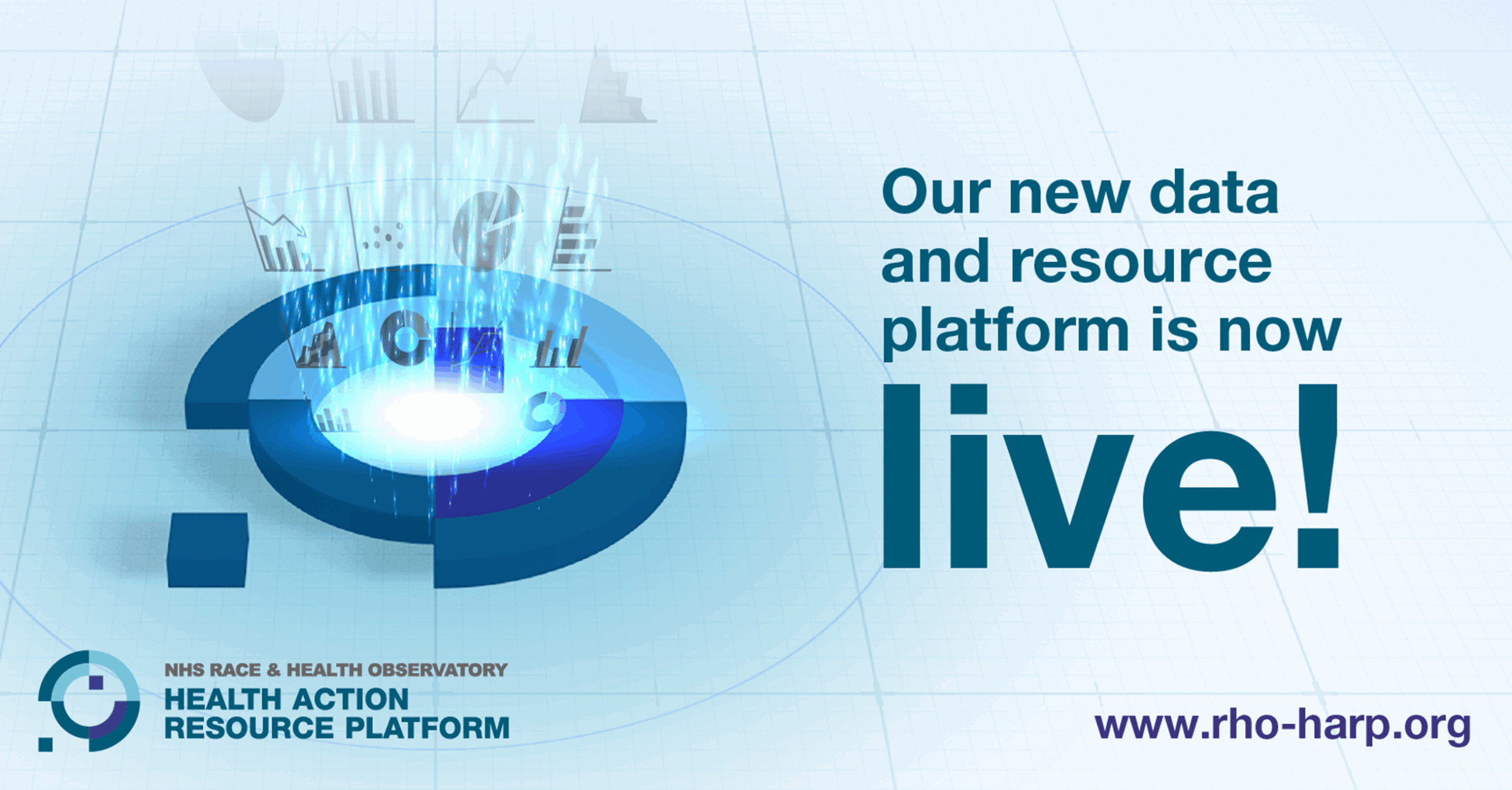
Observatory commissions review into NHS Ethnicity Pay Gap
An independent review into ethnicity pay gaps in the NHS in England has been announced today by the NHS Race and Health Observatory.

The NHS Race & Health Observatory works to identify and tackle ethnic inequities in health and care by facilitating research, making policy recommendations and enabling long-term transformational change.
This new interactive digital platform is designed to support healthcare organisations tackle ethnic inequalities in health and across the healthcare system by bringing together data metrics, insights and replicable good practice.
Find out more about the HARP and how we can work together to improve health inequalities for ethnic minority communities.

An independent review into ethnicity pay gaps in the NHS in England has been announced today by the NHS Race and Health Observatory.

A new interactive digital platform – the Health Action Resource Platform (HARP) – centred on supporting healthcare organisations to tackle inequalities in health has been launched by the NHS Race and Health Observatory.

A 16-month programme aimed at closing the ethnicity gap in bullying, harassment and abuse claims has been announced by the NHS Race and Health Observatory.
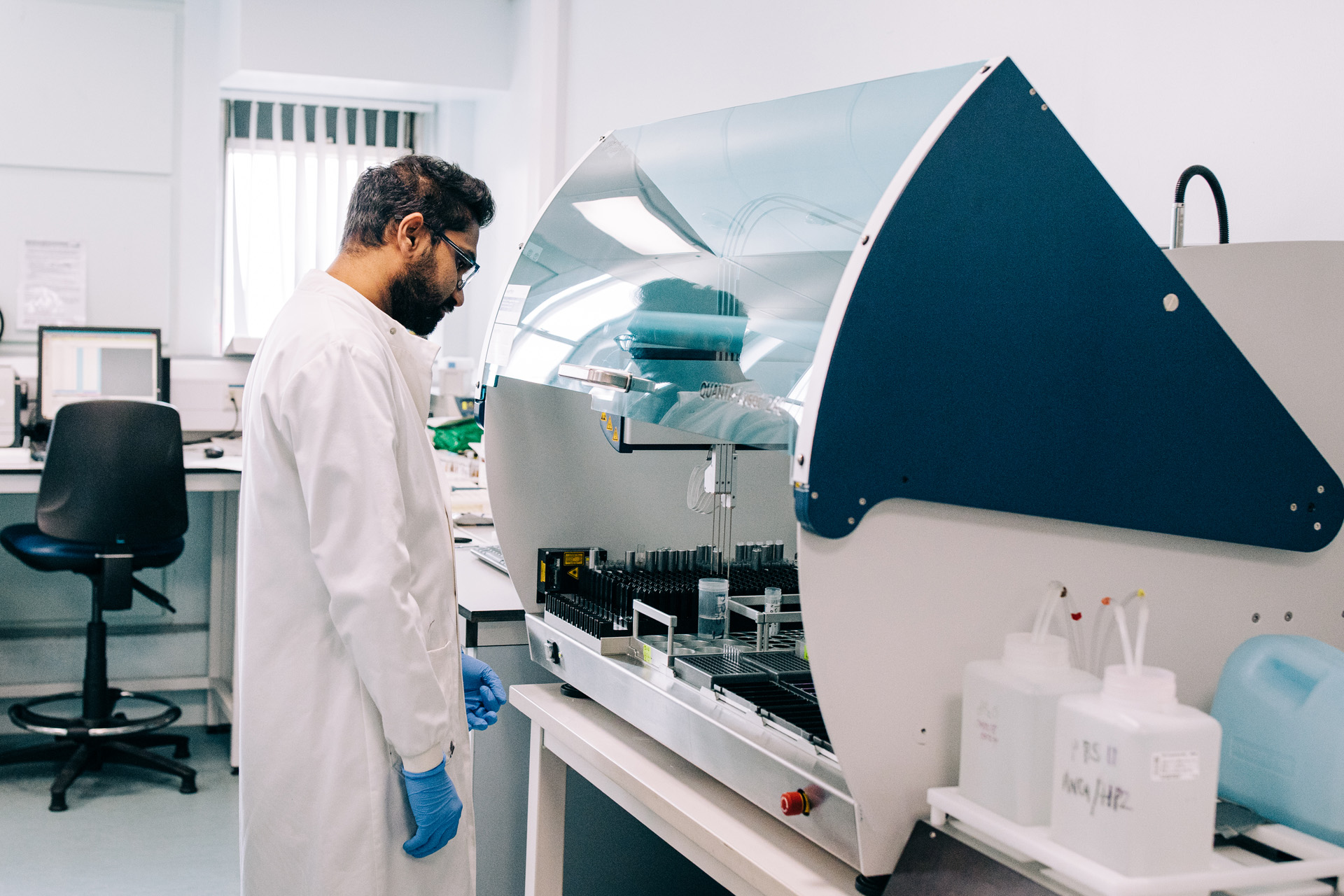
In a unique pairing, the NHS Race and Health Observatory has announced the signing of a landmark agreement with the National Institute for Health and Care Excellence (NICE) to tackle persistent and systemic ethnic health inequalities.
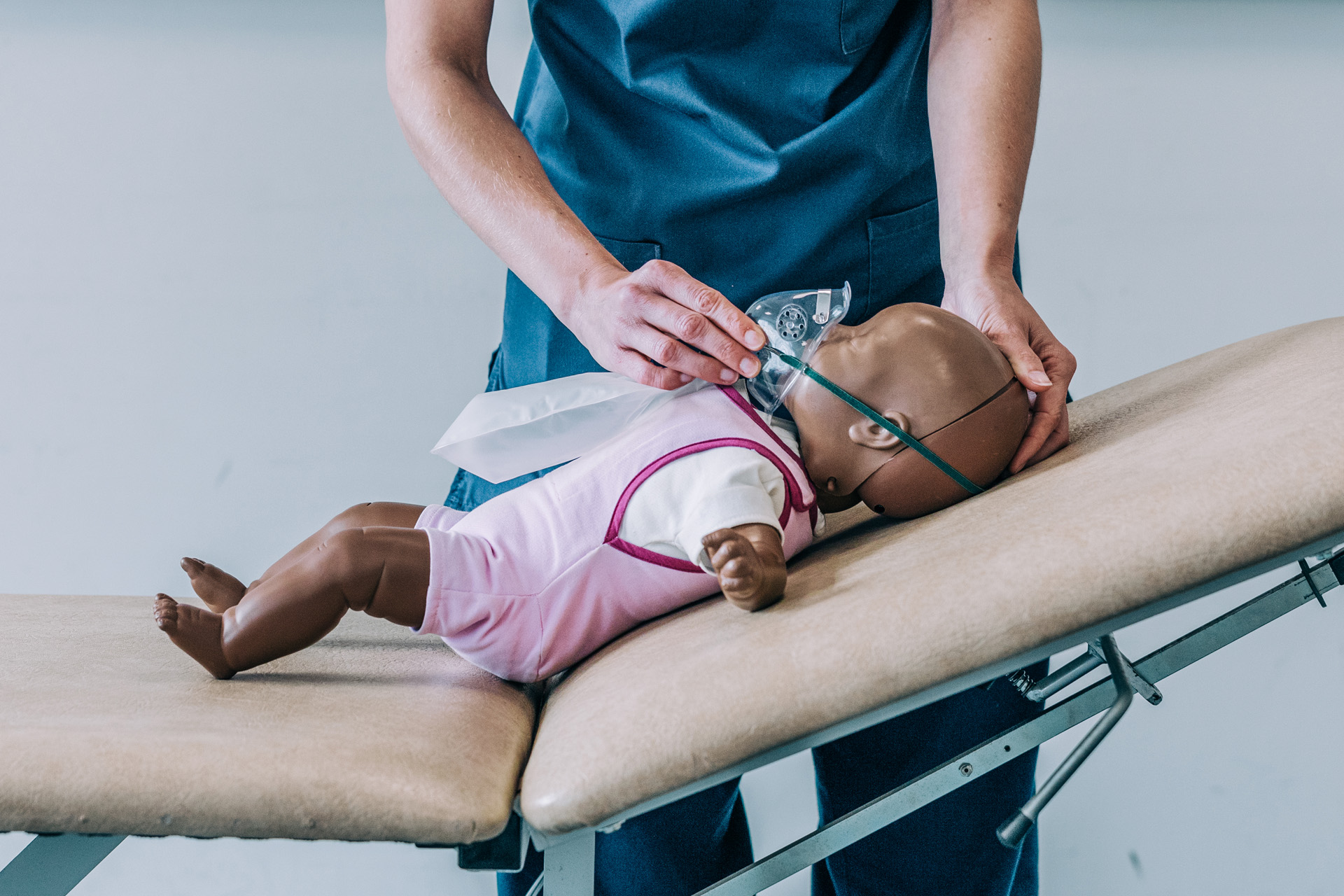
Teaching curricula widely studied by healthcare professionals working across the NHS are under review in an effort to improve patient care and reduce racialised health disparities.
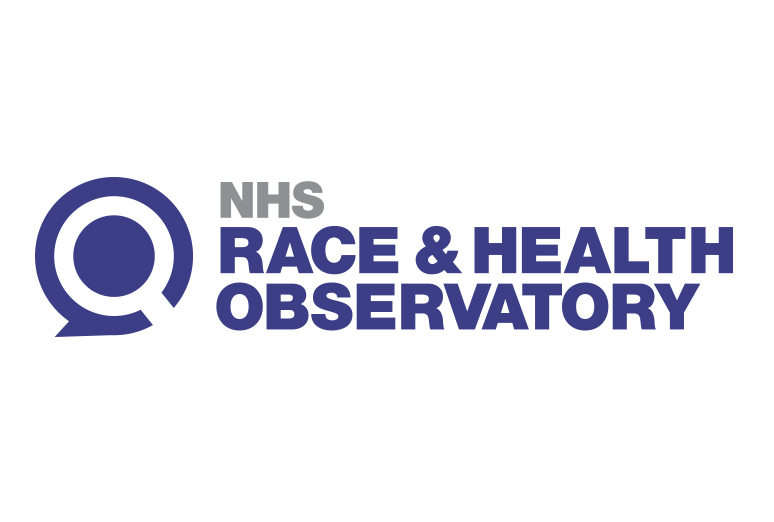
Listen in to Professor Habib Naqvi, Chief Executive of the NHS Race and Health Observatory and Dr Rohan Mehra, Royal College of Physicians clinical education fellow, (Infectious diseases/microbiology SPR).
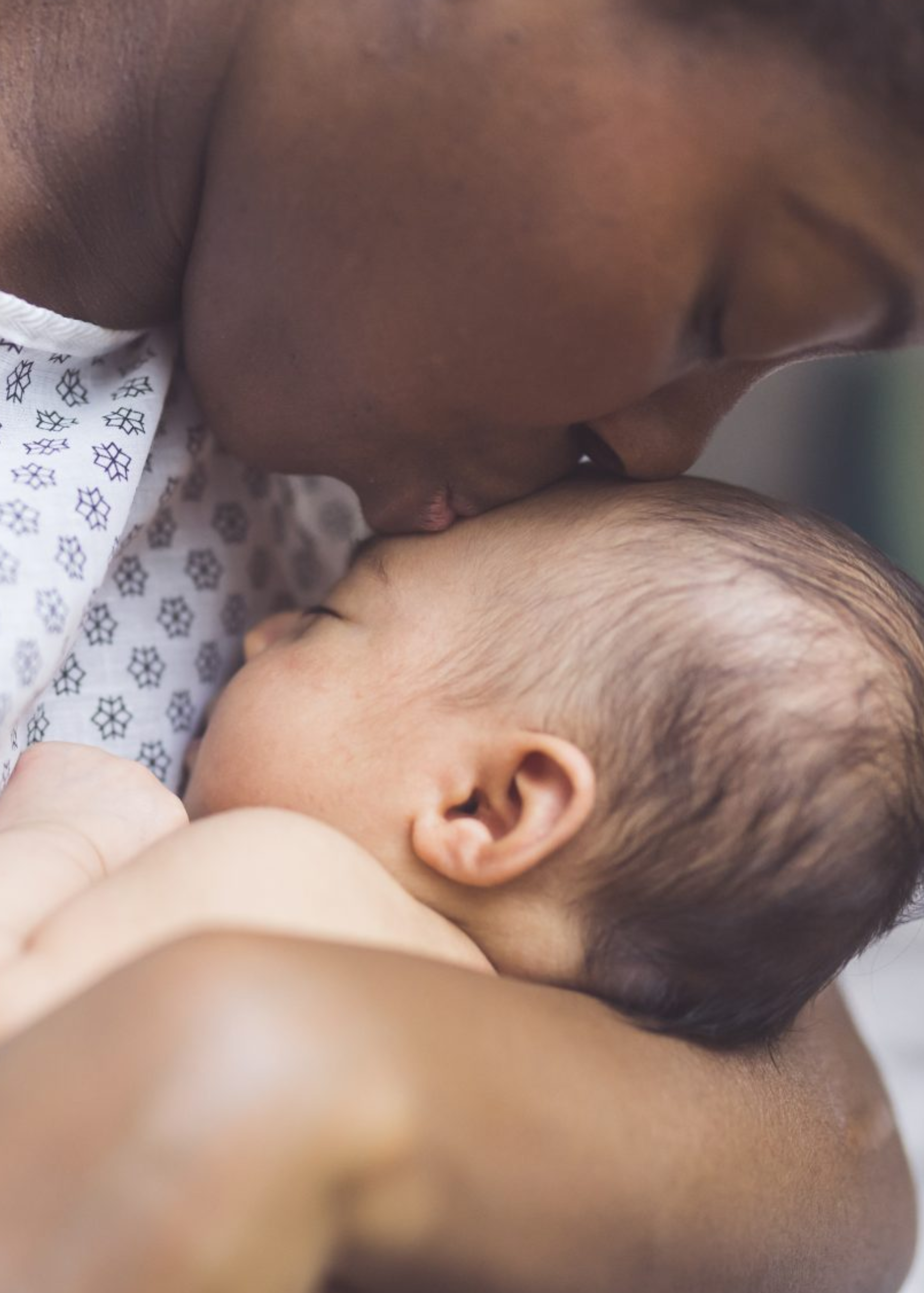
The NHS Race and Health Observatory has commissioned further work into neonatal screening assessments which effectively identify jaundice in Black, Asian and ethnic minority babies.

In January 2024, the NHS Race and Health Observatory launched a landmark pilot Learning and Action Network (LAN) to address stark disparities in maternal, perinatal and neonatal health outcomes.
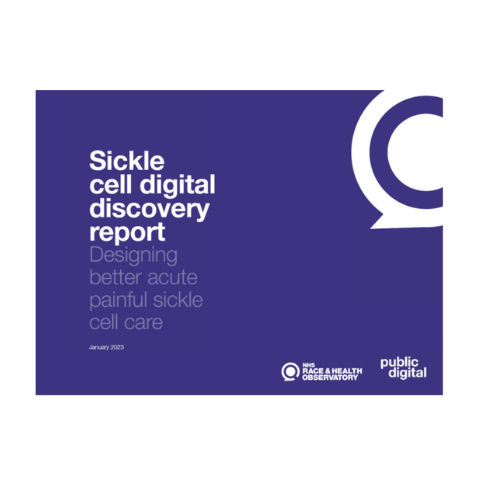
This report sets out to understand the broad availability of digital products and services that currently exist. The report explores the range of technology that is in place for Accident and Emergency clinicians, red-cell specialists, and ambulance care, to aid timely support to sufferers on their emergency hospital arrival.

Responding to the latest National Child Mortality Database figures published on 9 November, Dr Habib Naqvi, CEO of the NHS Race and Health Observatory said:
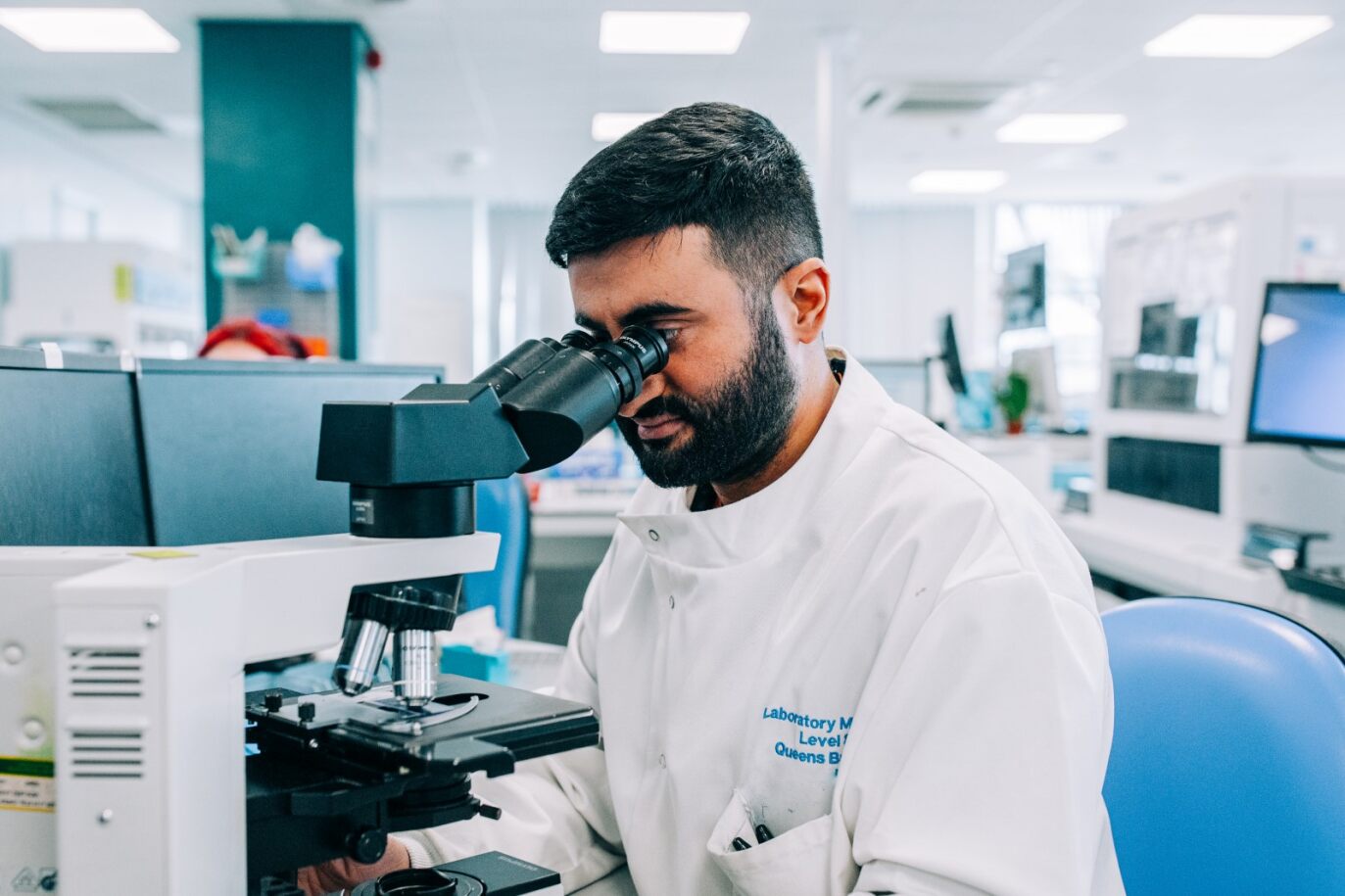
Black, Asian and ethnic minority communities are poorly represented in genetic medicine research and artificial intelligence-based risk prediction tools used to calculate the chance of developing future disease.

Responding to the future elective recovery plan, Sam Rodger, Assistant Director, Policy and Strategy of the NHS Race and Health Observatory, said:

Keep up to date with all our latest news, publications and opportunities by signing up to our monthly newsletter.

